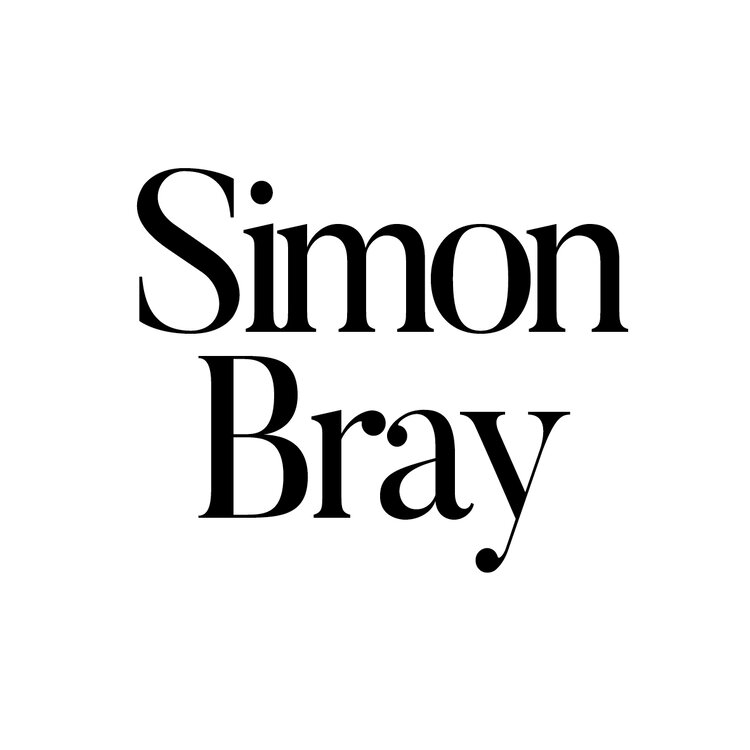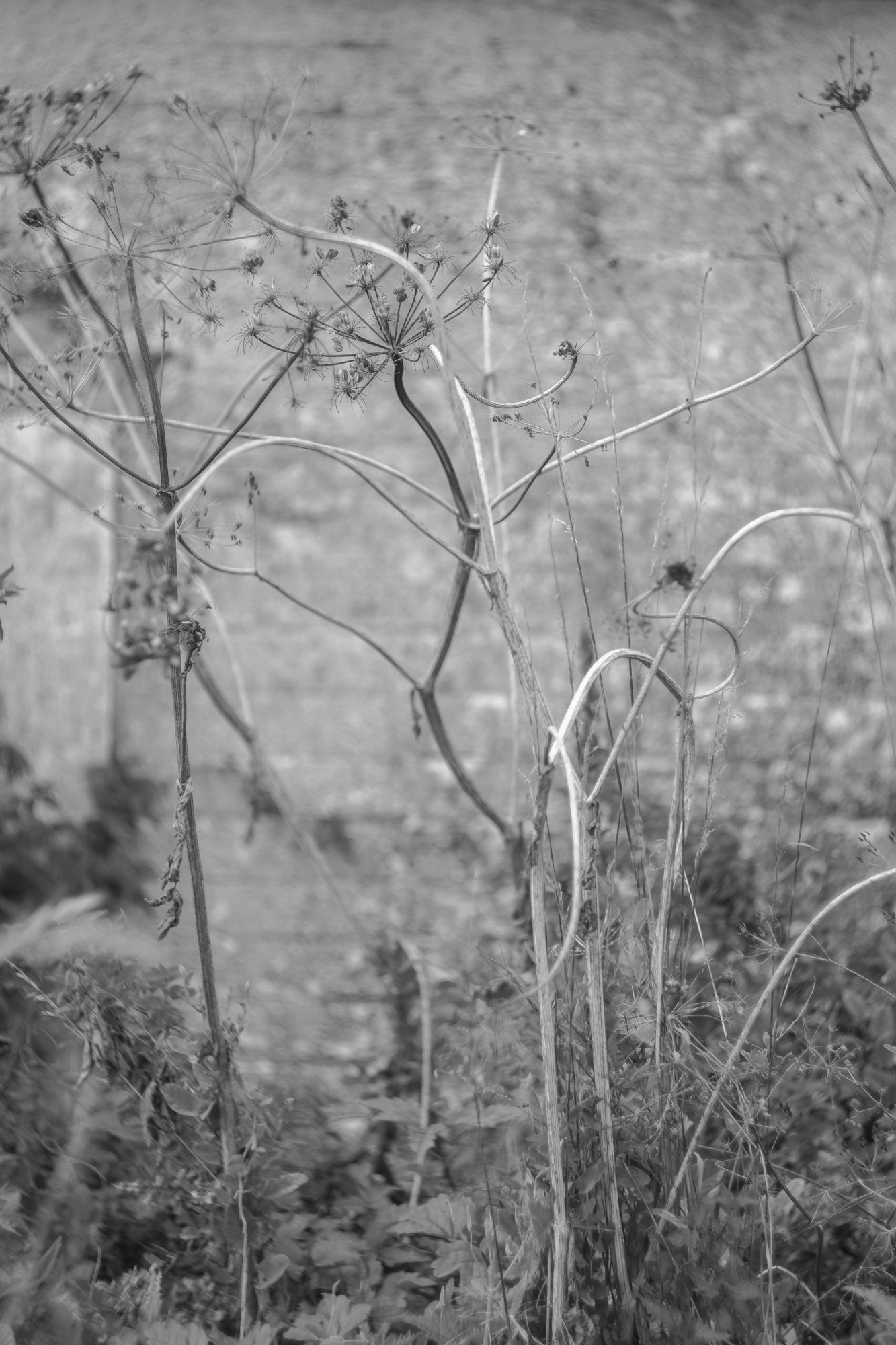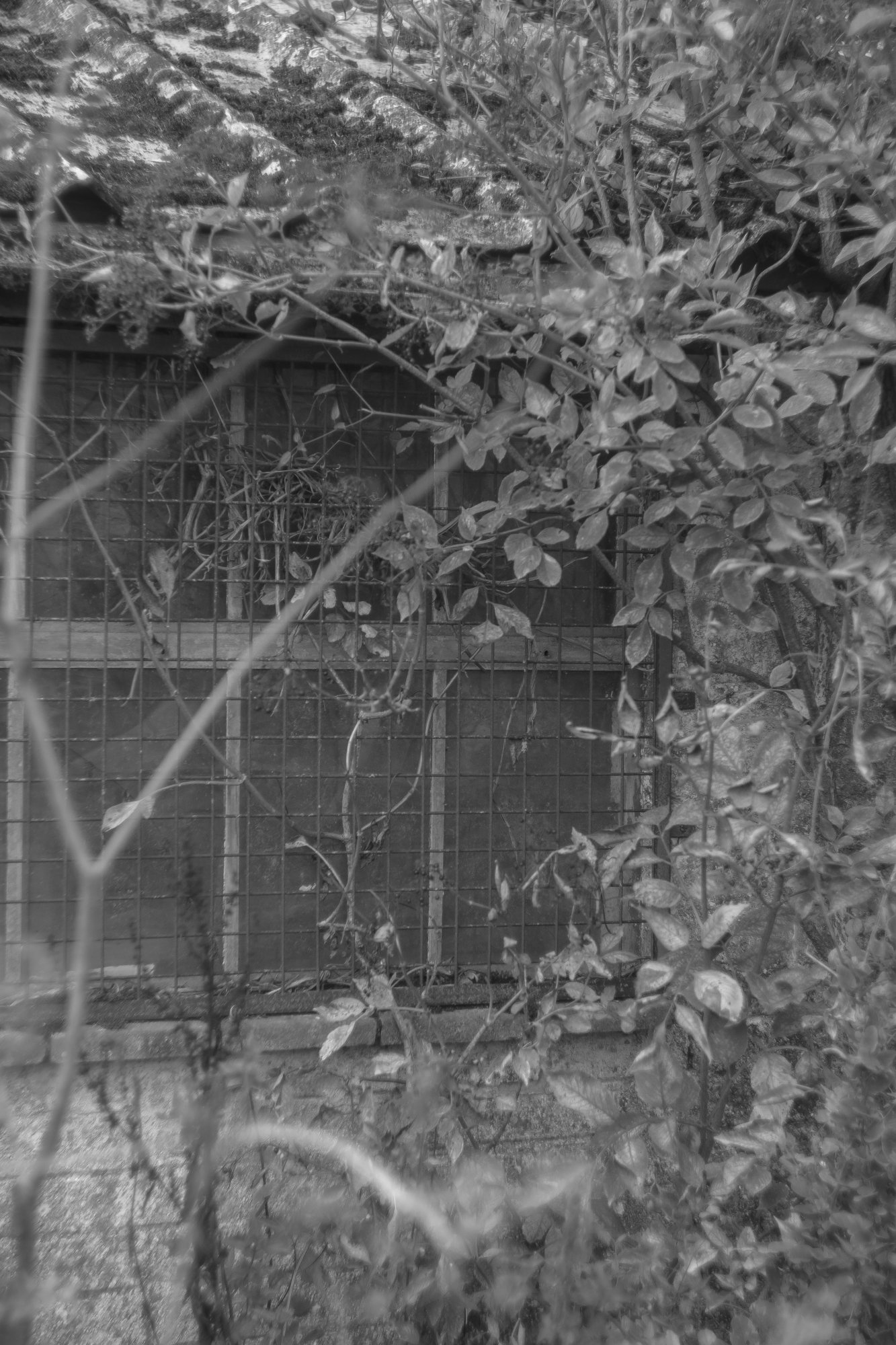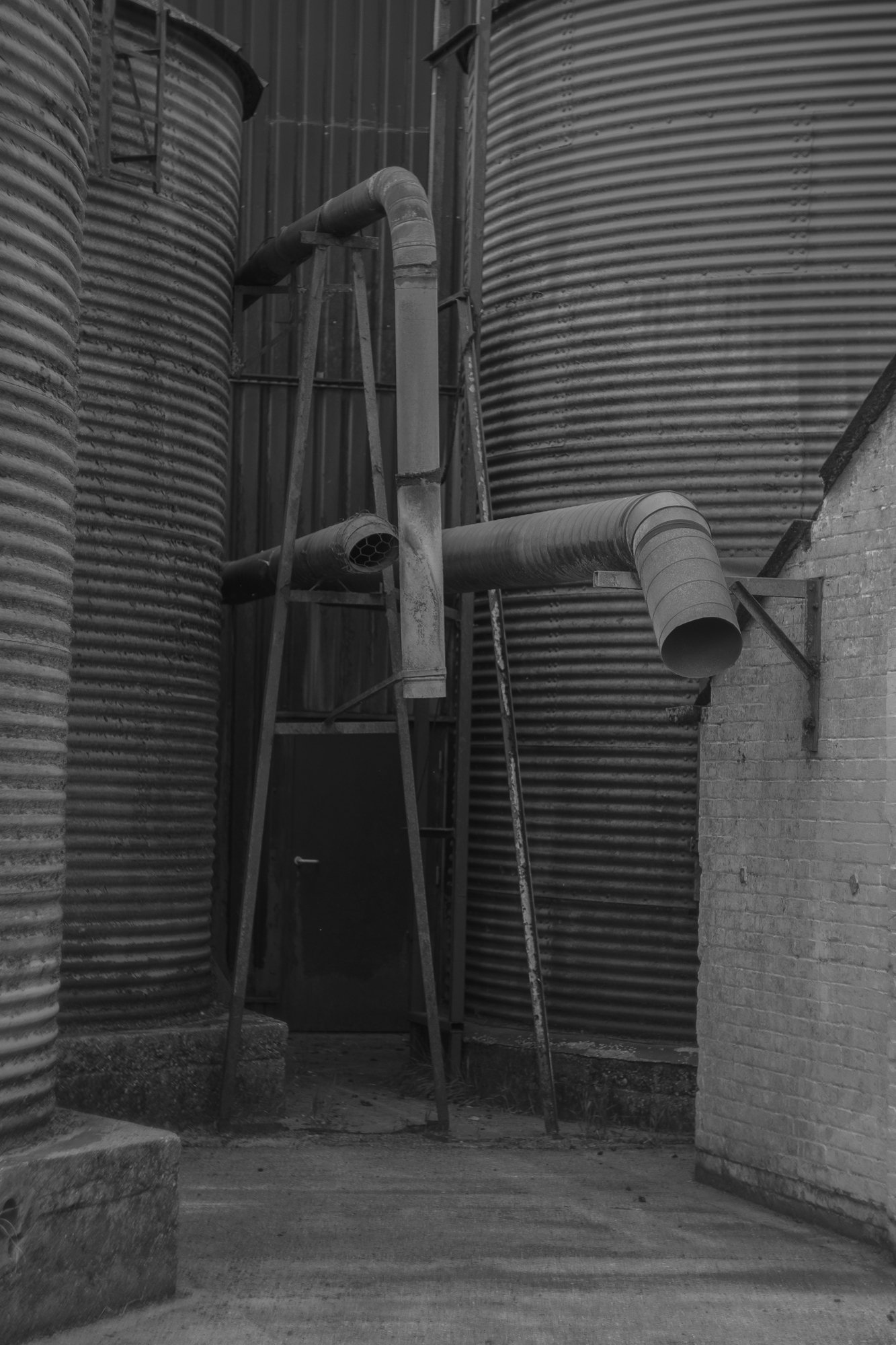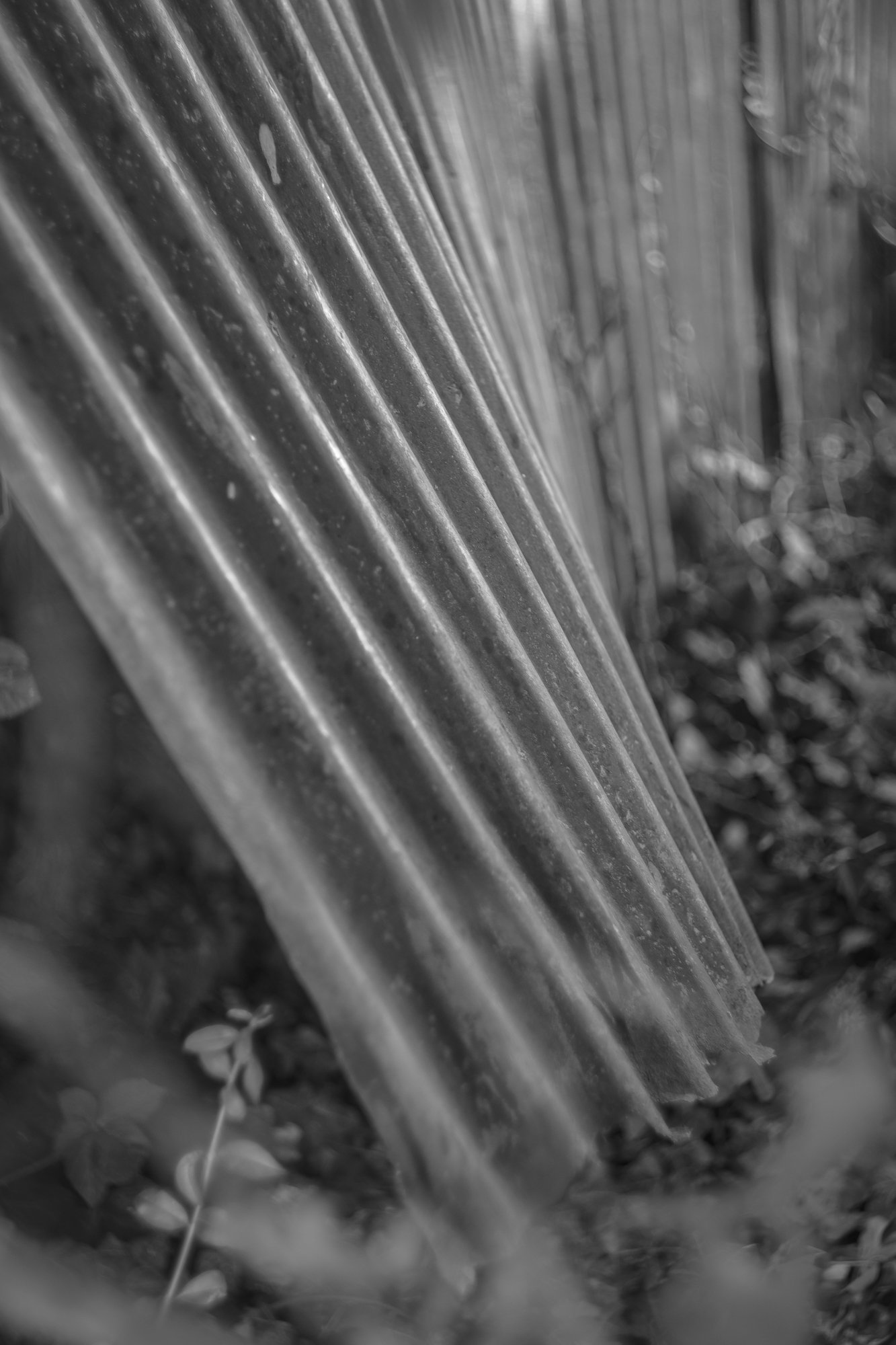After the passing of the Queen a few weeks ago, one of the key elements of her life that the coverage drew upon was not only the longevity of her time serving as Queen, but also the fact that being bestowed the role wasn’t something she particularly felt she wanted to do at the time. I imagine that reluctance was loaded with an immense amount of pressure to perform the role according to the highest expectations of her family and the commonwealth nations, all the while knowing it was her destiny to someday take on that position. That sense of calling, knowing the purpose of your life before it’s barely begun is not something that many of us can relate to.
When she took the throne, she was commissioned into a new role and in doing so, granted permission to hold herself to the highest standard. I wondered what that might look like in my life, for those before me to have commissioned me, it’s not really a concept that feels familiar. I suppose a civilian equivalent may be a family business that has been passed through generations with an expectation that the lineage will be continued, but the more manual skills such as farming are slowly being rejected by new generations who are drawn to the cities.
Many of us have the incredible luxury of being able to choose what we’d like to do with our lives, but with that comes the requirement to grant ourselves permission to do so. To educate ourselves and deem ourselves worthy of a job or role either within a company or flying solo. The creative minded amongst us will be more than aware of the notion of imposter syndrome, the idea that we aren’t good enough to be in the position we are in. That lack of confidence stems from many places, society’s undervaluing of the arts and the requirement to please the gatekeepers in whichever industry you’re working in order to achieve the status and recognition you and your work deserves. If we start thinking about those elements too much we may not feel like getting out of bed in the morning.
There has to be a different mindset in how and why we create. There is a requirement for us to commission ourselves to walk the path that we feel called towards, to grant ourselves permission to not only be there, but to flourish and strive to be the best we can. There’s a limit though to what we can muster from ourselves. Remember, The Queen initially stepped up reluctantly.
We have a role to play in each other’s creative journeys. To grant each other permission to create what we feel called to create. To support, listen, advise where we feel it right and lift each other higher than we can lift ourselves. Whether that’s through one to one conversations or collectives and events, we need to continue to find ways to encourage, invite and sometimes even drag each other onwards.
We won’t always feel confident in what we’re doing, but that questioning is crucial for our creative process. For me, those doubts suggest a requirement to refine what I’m doing, to continuously ask myself whether I’m happy with what I’m making. We are our own best audience after all and if you’re doing what you do to please somebody else, then maybe it’s time to ask yourself some questions.
One of my mentors asked me last week whether a project that I’m working on surprised me. I wanted the work to portray a certain sensibility, but it wasn’t quite hitting the mark. The images felt like they were all in the right place, complimenting one another, but it was far too predictable. I needed that conversation to throw some doubts into the mix, whilst granting me permission to take the work further than I’d assumed I could on my own. I have a feeling it’ll be all the better for it.
This piece is taken from my October mailout, which also features Emergence, Elif Shafak, The Train and Hania Rani.
To receive it directly to your inbox each month, sign up here.
